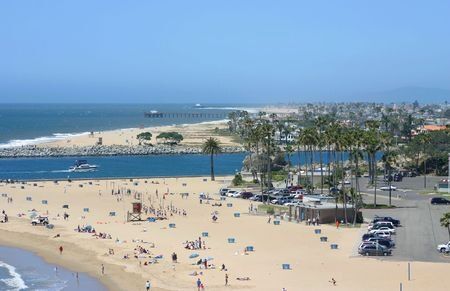
The potential effects of seawall development on the preservation of California beaches has been a significant concern in preserving California’s beaches. It is also the focus of the case of Lynch v. California Coastal Commission, which may have precedential significance for the future of seawall construction. The outcome of this matter will resolve whether the California Coastal Commission (CCC) has the power to institute time limitations on seawall permits for residents with coastal properties.
The litigation centers on the right of private homeowners to obtain a permit to erect a new seawall designed to last 75 years after the previous wall was destroyed by a storm. The CCC, which authorizes the provision of permits for coastal development, approved the permit with the stipulations that (i) the permit will expire in 20 years and at that time, homeowners would be required to reevaluate whether to remove or keep the seawall and (ii) a private stairway could not be constructed. The case is now in the California Supreme Court and is expected to be decided later this year.
According to studies, seawalls have resulted in the destruction of California’s beaches, altered bluffs and accelerated erosion to adjacent properties. Moreover, studies have shown that seawalls which are constructed on eroding beaches, including many San Diego beaches, will cause the beaches to constrict and ultimately disappear.
CCC argues that the construction of seawalls thwart the natural process of sand production in coastal areas by preventing waves from hitting coastal bluffs. Proponents want to ensure that seawall construction does not hinder public beach access or recreational opportunities by destroying sandy beaches and damaging local habitats. The key to preserving healthy beaches, they maintain, is continued oversight by the CCC in building and managing seawall development.
Contact Shane Coons at 949-333-0900 or visit his website at www.ShaneCoonsLaw.com to find out more about the practice.
